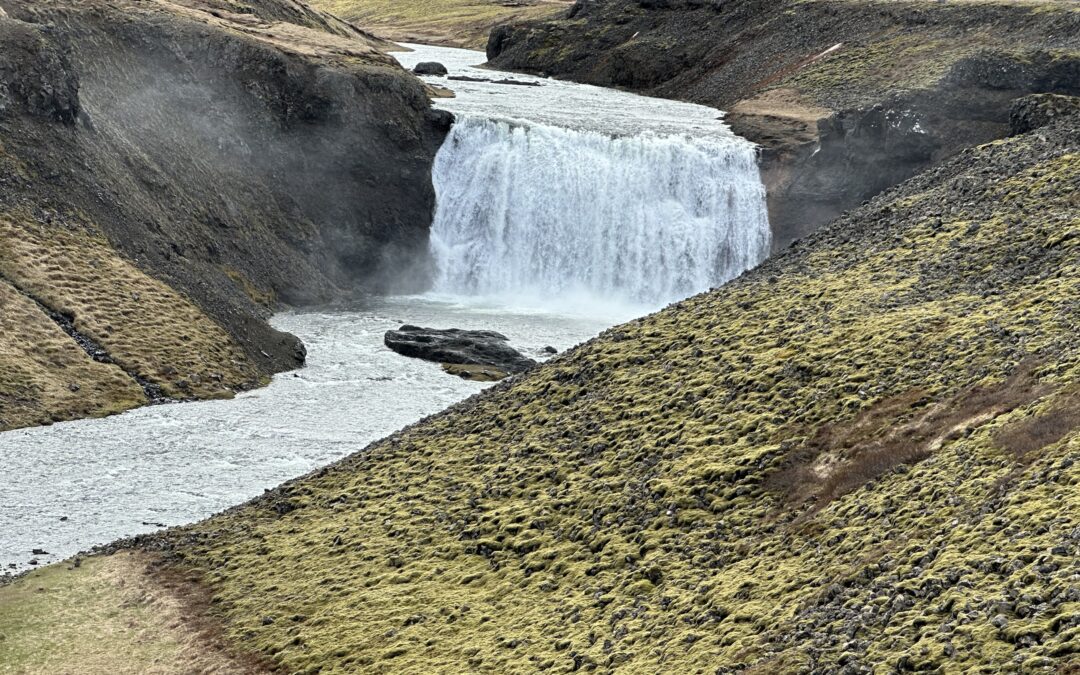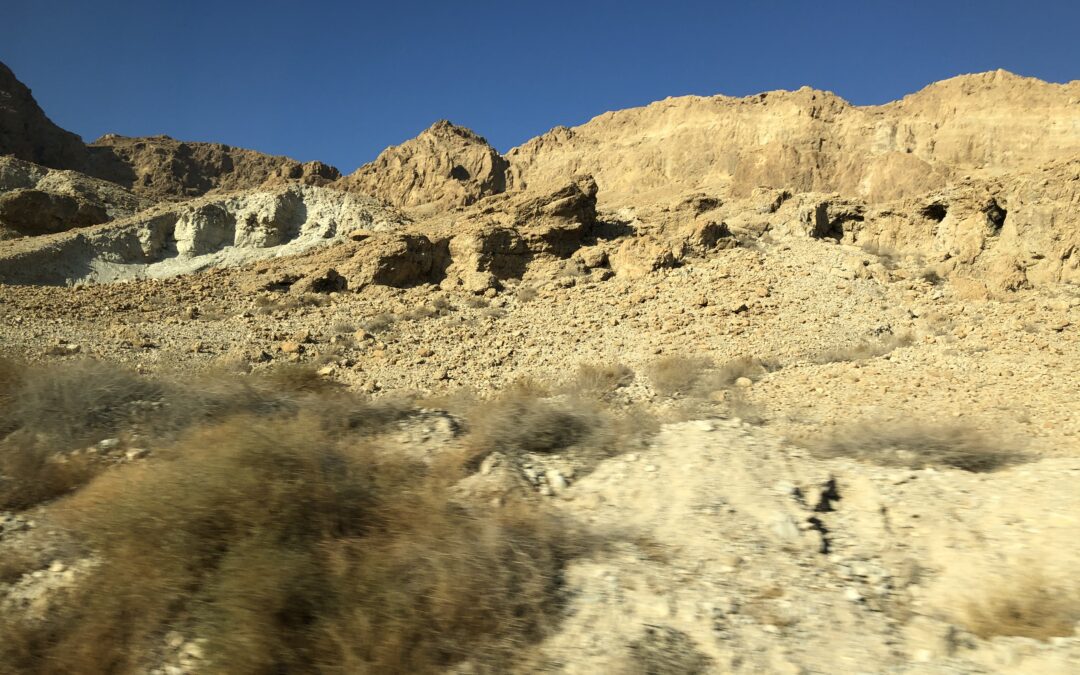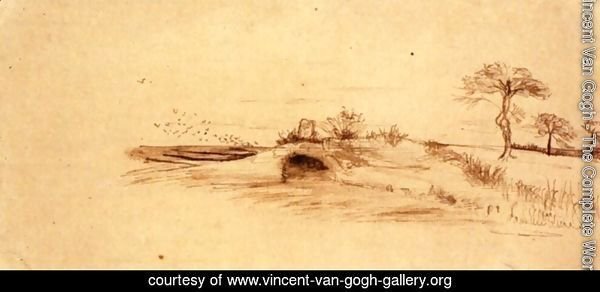
By Lilly M – Own work, CC BY-SA 3.0, Link
In this week’s parashah we read about the pagan prophet Balaam, who is famous more for his talking donkey than for himself. The Cliff Notes version of the story is that Balak, the king of Moab, is worried that the Israelites who are now camped on his border, are so numerous that they “hide the earth from view,” will essentially wipe out his people. He sends messengers to Balaam asking him to curse the Israelites so that Moab would be able to defeat them.
After insisting that he can only say the words that God has put into his mouth, Balaam agrees to go and curse the Israelites, but three times he’s thwarted by his donkey, who sees what he can’t. Three times his intended curses turn into blessings, including one of our most often quoted and sung verses, Ma tovu ohalecha Yaakov, mish-k’notecha Yisrael, “How goodly are your tents, Jacob; your dwelling places, Israel.”
There’s a very interesting parallel between Balaam and Israel; Balak says to Bilaam, ki yadati et asher t’vareich m’vorach va-asher ta-or yoo-ar, “For I know that he whom you bless will be blessed, and he whom you curse will be cursed.” It hearkens back to Bereshit, Genesis, when God told Abraham lech lecha, “go forth from your native land, from your birthplace,” to a land God would show him. God promised that a great nation would come forth from Abraham, and said, va-avaracha m’var’chekha, u m’kalelkha ah-or, “I will bless those who bless you, and curse him that curses you.”
Heaven forbid I should equate the most tragic yet comical figure in the Torah to God! On the contrary, it’s God who does the blessing and cursing through Balaam, just as God blesses and curses through Abraham and Israel.
In the tractate of the Mishnah called Pirkei Avot, usually translated as the “Ethics of the Fathers,” Balaam is compared to and contrasted with Abraham, and–unsurprisingly–comes up short.
Let’s start with some of the similarities:
God chose Abraham to be Israel’s first prophet, and Balaam was chosen to be the first gentile prophet. Both of these men came from the world of paganism, and both came to the recognition and worship of the universal God. We see this when we read several times that Bilaam tells Balak that he can only speak the words that God, whom he goes from calling Ado-nai, “the Lord” to Ado-nai elo-hai, “the Lord my God,” commands him to speak.
They both interacted with a malakh Ado-nai,” an angel or a messenger of God, and both men are connected with language that has to do with blessing. And, both Abraham and Balaam come from the same geographic place, Aram Naharaim, which was the center of ancient civilization.
Now let’s look at their differences. According to the tractate of the Mishnah called Pirkei Avot, Abraham had a good eye, a humble spirit and a generous soul. Balaam, on the other hand, had an evil eye, a proud spirit and a haughty soul. Certainly, our sages wanted us to aspire to behave like a disciple of Abraham, and not of Balaam, but life is rarely so black and white. No person is perfect, and both men had serious character flaws, which in the case of Abraham, helps to make him more human than superhero. With respect to Balaam, they help to take him down a few notches and mock him.
God’s blessings come to us in a variety of ways; as Rabbi Shefa Gold chants, “You are the Source of Life for all that is, and Your blessing flows through me.” Each of us is a klei kodesh, a holy vessel, through which God’s blessings flow and emanate into the world. God chose Balaam, a clearly imperfect figure, to remind us first, that we don’t need to be perfect to be God’s vessel (thank you to Rabbi Shai Held), and second, in the words of the prophet Micah, that what God wants most is for us to behave justly, to love goodness, and to walk humbly with God.










0 Comments